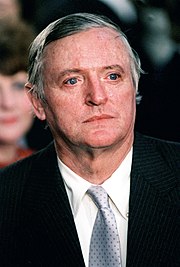William F. Jr. Buckley's Human Design Chart
3/5 Emotional Manifesting GeneratorWilliam F. Buckley Jr.: A Mastermind of Conservative Thought and a Manifesting Generator
William F. Buckley Jr., born on November 24, 1925, in New York City, was a towering figure in the realm of conservative thought in America. Known for his profound influence on the conservative movement in the post-World War II era, Buckley was a prolific writer, editor, columnist, and television host. His intellectual prowess, combined with his Human Design as a Manifesting Generator, contributed to his dynamic and multifaceted career.
Early Life and Education: The Foundations of a Conservative Luminary
William F. Buckley Jr. was the sixth of ten children of an oil millionaire, William Frank Buckley Sr., and Aloise Josephine Antonia. His upbringing was marked by privilege and extensive education, spending his early years in France and England, attending prestigious Catholic schools. This international education imbued him with a cosmopolitan intellect and a fierce independence, traits that were amplified by his Human Design profile of 3/5, known for its trial and error learning and opportunistic nature.
At 15, Buckley was sent to a boarding school where he didn’t hesitate to voice his opinions about the institution’s shortcomings, a testament to his Manifesting Generator type which thrives on responding to the environment. He returned to the United States to attend the Millbrook School in New York, graduating in 1943. His academic journey continued at Yale University, where he studied economics, political science, and history, graduating with honors in 1950.
The Rise of a Conservative Intellectual
Despite the limitations posed by his emotional inner authority, which required him to process and respond to emotional waves, Buckley quickly established himself as a formidable debater and thought leader. His first book, “God and Man at Yale,” critiqued the university’s curriculum for its perceived anti-religious and collectivist leanings, sparking significant controversy and setting the stage for his career as a conservative stalwart.
In 1951, Buckley briefly worked with the Central Intelligence Agency (CIA) in Mexico, a role that aligned with his 3/5 profile’s penchant for experimentation and exploration of diverse experiences. After leaving the CIA, he became a freelance writer and lecturer, further honing his skills as a communicator and thought leader.
National Review: A Platform for Conservative Discourse
In November 1955, Buckley founded the “National Review,” a biweekly magazine that became a pivotal platform for conservative thought in America. His Manifesting Generator energy enabled him to juggle multiple roles, serving as editor, writer, and influencer, while simultaneously expanding the magazine’s reach and impact.
Under his leadership, “National Review” grew from a circulation of 16,000 in 1957 to over 100,000 by 1980, showcasing Buckley’s ability to respond to societal needs and leverage opportunities, a key characteristic of his Human Design strategy. The publication not only shaped conservative ideology but also provided a nurturing ground for emerging writers and thinkers.
Buckley’s Ventures into Media and Fiction
Buckley’s foray into television with his show “Firing Line,” which began in 1966, marked his transition to electronic journalism. His charisma and intellectual rigor made the show a success, earning it an Emmy Award in 1969. This venture was a fitting expression of his Right Angle Cross of The Sleeping Phoenix, a Human Design incarnation cross that drives one to revitalize and rejuvenate environments through dynamic engagement and creativity.
In addition to his work in journalism, Buckley authored several books, including “Up From Liberalism” (1959) and a series of spy thrillers. His ability to navigate diverse genres and mediums underscored his Manifesting Generator type’s signature multitasking and adaptability.
Personal Life and Legacy
On June 6, 1950, Buckley married Patricia Aldyn Austin Taylor, and they had a son, Christopher Taylor Buckley, who followed in his father’s intellectual footsteps. Throughout his life, Buckley was active and athletic, indulging in skiing, painting, gliding, swimming, and playing musical instruments. These activities reflected the life force energy of his Human Design channels, particularly 20-34, known for its vitality and capacity for action.
Buckley stepped down as the owner and chairman of the “National Review” in 2004, passing the reins to a board of trustees, including his son Christopher. He continued to contribute through his syndicated column, leaving an indelible mark on the conservative movement.
William F. Buckley Jr. passed away on February 27, 2008, leaving behind a legacy of intellectual rigor, media innovation, and political influence that continues to inspire conservative thinkers worldwide.
FAQs about William F. Buckley Jr. and His Human Design
What is William F. Buckley Jr.’s Human Design Type?
William F. Buckley Jr. was a Manifesting Generator, a type known for its multifaceted energy and ability to respond dynamically to opportunities.
How did Buckley’s Human Design impact his career?
Buckley’s Manifesting Generator type and Right Angle Cross of The Sleeping Phoenix enabled him to juggle multiple roles and rejuvenate conservative discourse with his innovative and responsive approach.
What are the key characteristics of Buckley’s Human Design profile?
His 3/5 profile indicated a life of trial and error learning, adaptability, and the ability to shape opportunities through experiential knowledge.
How did Buckley’s Emotional Authority influence his decisions?
Buckley’s Emotional Authority meant he often took time to process his emotions before making decisions, contributing to his thoughtful and deliberate approach to both personal and professional matters.
What were Buckley’s significant contributions to the conservative movement?
Through his work with the “National Review,” his books, and his television show “Firing Line,” Buckley revitalized conservative thought, providing platforms for debate and fostering a new generation of conservative intellectuals.
Discover More Famous People
Browse and analyze over 55,000 public figures and celebrities.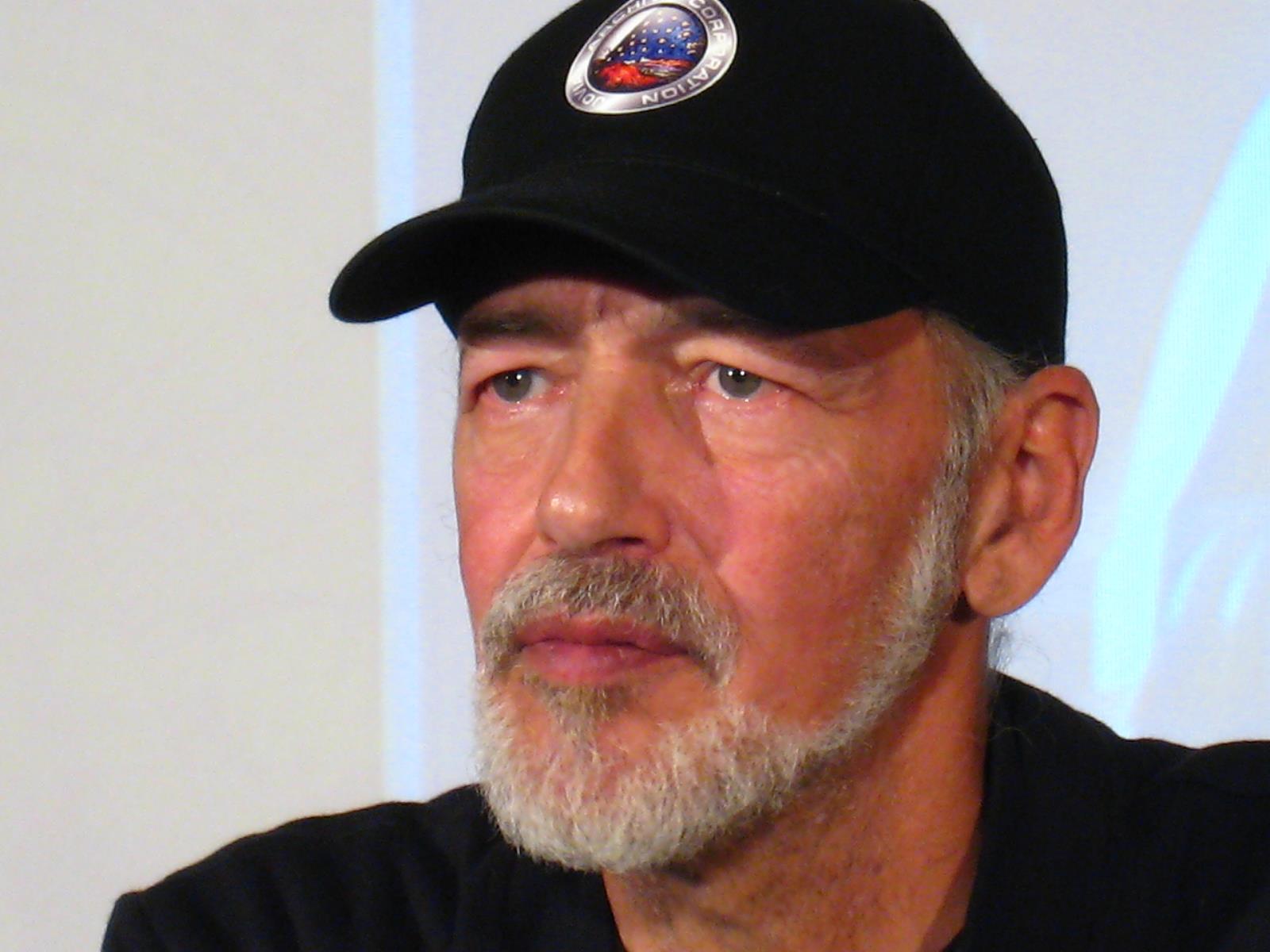
Ra Uru Hu
5/1 Manifestor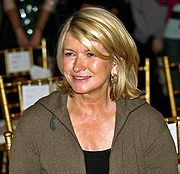
Martha Stewart
4/6 Manifestor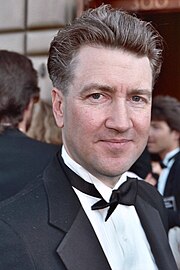
David Lynch
4/6 Generator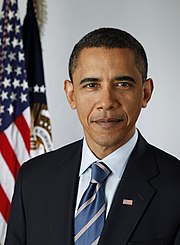
Barack Obama
6/2 Projector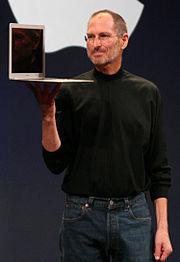
Steve Jobs
6/3 Generator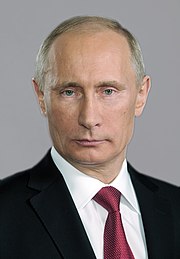
Vladimir Putin
5/1 Manifestor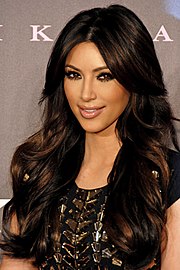
Kim Kardashian
3/5 Generator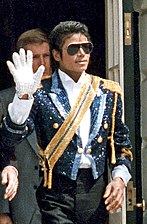
Michael Jackson
1/3 Projector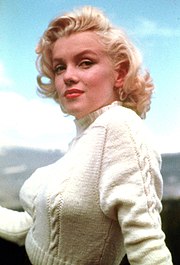
Marilyn Monroe
6/2 Projector
Ariana Grande
2/4 Projector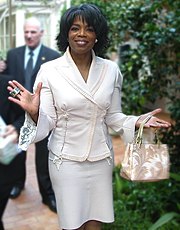
Oprah Winfrey
2/4 Generator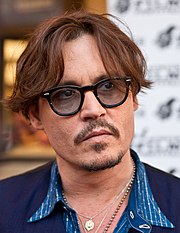
Johnny Depp
2/4 ManifestorWhat is HumanDesign.ai and how does it work?
Curious what makes William F. Jr. Buckley tick? HumanDesign.ai instantly maps their exact birth data into a fully interactive clickable bodygraph chart, letting you hover or tap every center, channel, and gate for plain-language explanations. Bella, the platform’s built-in AI guide, adds context in real time, translating complex mechanics into everyday insights so you can see how William F. Jr. Buckley’s strengths, challenges, and life themes play out on-screen.
The same tools are waiting for you. Generate your own Human Design Chart in seconds, open a library of 2000+ suggested questions, and chat with Bella as often as you like to decode your design, daily transits, and even relationship dynamics.
Want to compare energies? Save unlimited charts for friends, family, or clients, then ask Bella to reveal compatibilities, composite patterns, or coaching tips, all in one conversation thread.
Start free with core features, or unlock our Personal and Pro plans for deeper dives: unlimited Q&A, celebrity chart search spanning 55,000+ public figures, white-label PDF reports, branded content generation, and a professional profile with built-in booking for practitioners. Whether you’re exploring your own potential or guiding others, HumanDesign.ai delivers an ever-expanding toolbox of AI-powered insights—no spreadsheets, no jargon, just clarity at your fingertips.
Ready to see yours? Signup for FREE today!

